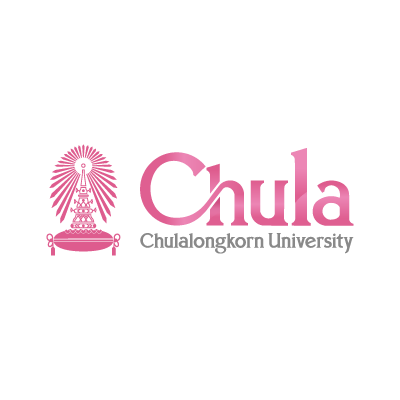Chula Medicine Joins Forces with the Department of Thai Traditional and Alternative Medicine to Determine "Curcumin" as Effective Treatment for Dyspepsia as Modern Antacids

Sponsored by

Sponsored by

Chula Medicine in collaboration with the Department of Thai Traditional and Alternative Medicine and Gastroenterologists from local medical schools proves that Thai curcumin can help treat dyspepsia as effectively as antacids, and is poised to push Thai curcumin to the global marketplace.
Many people may have experienced bloating, pain, tightness, nausea, and heartburn from dyspepsia, which is very common nowadays. To relieve the symptoms, many people adjust their lifestyle and habits, while taking antacids continuously. Others turn to Thai herbs such as “curcumin”. But the important questions are, “Can curcumin replace antacids in treating dyspepsia? How to use it? Should it be used in combination with modern drugs? Are there any side effects?"

Associate Professor Dr. Krit Pongpirul, M.D.,
Director and Founder of the Center of Excellence in Preventive and Integrative Medicine (CE-PIM)
To address these questions, a team of experts led by Associate Professor Dr. Krit Pongpirul, M.D., Director and Founder of the Center of Excellence in Preventive and Integrative Medicine (CE-PIM), Faculty of Medicine, Chulalongkorn University designed a study to test the effectiveness of Thai curcumin capsules subsidized by the Government Pharmaceutical Organization compared to modern antacids.
“Curcuminoids” are effective as a pain reliever, antiseptic, and anti-inflammatory drug, but not the same as “curcumin as in Turmeric”. The dried and ground herb contains curcuminoids and other substances, including volatile oil.”

The clinical study was carried out from June 2019 until April 2020 on 151 volunteers who were dyspepsia (early stage) patients but tested negative for H. pylori. “The findings conclude that curcumin and omeprazole have no discernable differences in their effects in treating dyspepsia and that the combination of the two drugs has no increased therapeutic benefit. Also, no serious side effects have been reported from continuous intake of curcumin.”
With proven results, the team is preparing to push the “curcumin pill” to the global market under the ThaiCureMin brand name. In the future, the team plans to find farmers and organic sources of turmeric that can be traced from upstream to downstream to increase consumer value and confidence. Moreover, the team will measure the essential oils in curcumin to see what substances they contain and in what quantities.
Read the full article at https://www.chula.ac.th/en/highlight/159854/